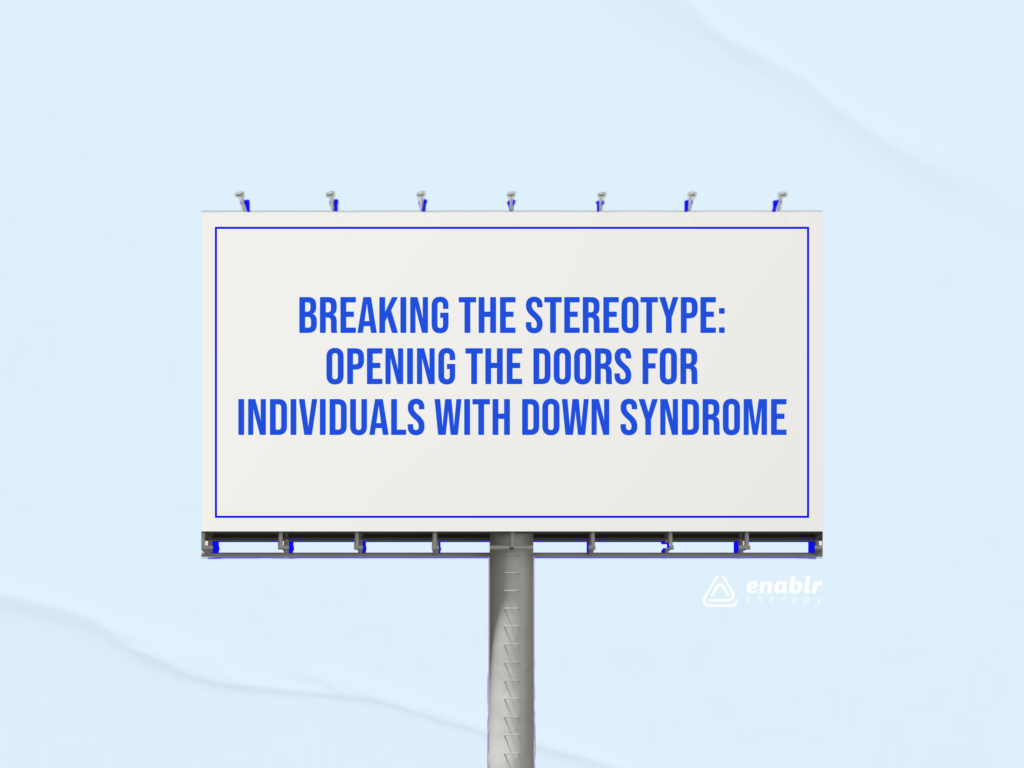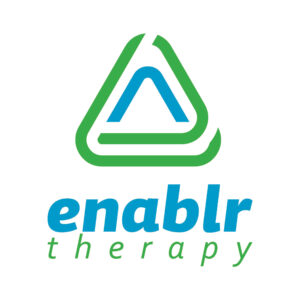
The History of Down syndrome
Down syndrome was first fully described in 1866 by John Langdon Down who recognized the condition as distinct from other conditions. In 1959, Jerome Legeune, a French physician, observed that Down syndrome is the result of a person having an extra chromosome 21. Prior to 1980, it was common for individuals with Down syndrome to be institutionalized. The overall perception was that those with Down syndrome were limited in their ability to learn and would have a short life so they were not given many opportunities including an education. Unfortunately, these perceptions drove reality for many.
In 1910, the average child with Down syndrome survived until age nine. The discovery of antibiotics helped to address some life threatening conditions experienced by some people with Down syndrome, increasing longevity. By 1980, life expectancy for a person with Down syndrome was raised to 28 years old.
Luckily, society has shifted even more. Years of advocacy by individuals and organizations such as the National Down Syndrome Society have increased awareness, reduced stigma, and fostered social acceptance for individuals with Down syndrome. In addition, advances in medical care, therapeutic interventions, and inclusive and tailored educational programs have significantly improved the functional outcomes and quality of life for many. As a result, life expectancy has increased to about 60 years. And people with Down syndrome are becoming more engaged in school, work, social and recreational activities.
Notable Accomplishments
For instance, here are some notable accomplishments in the Down Syndrome community in the last few years
- In 2017, John’s Crazy Socks, was founded by John Cronin, an entrepreneur who has Down syndrome, and his father. This company is now the world’s largest online sock shop with over 4,000 sock designs. More than half of the company’s employees are differently-abled. The company has a Giving Back program that has raised more than a half a million dollars for charity partners like the Special Olympics.
- In 2019, The Peanut Butter Falcon became the highest grossing independent film of the year and received critical acclaim.The film starred Zack Gottsagen, an actor with Down syndrome, in a lead role. Zack Gottsagen also was the first Oscars presenter with Down syndrome.
- In May 2020, AnnaRose Rubright was the first person with Down syndrome to receive a bachelor’s degree from an accredited university.
- In November 2020, Chris Nikic became the first athlete with Down syndrome to finish an IronMan triathlon.
- In October 2022, Sujeet Desai was inducted into the Buffalo Music Hall of Fame. He plays seven instruments and he was the first musician with Down syndrome to play at Carnegie Hall in 2015.
- On April 25, 2024, Mattel Toys introduced its first Barbie doll with Down syndrome.
- In August, 2024, Ana Victoria Espino De Santiago from Zacatecas, Mexico, became the world’s first lawyer with Down syndrome. Her goal is to become a legislator and advocate for people with disabilities.
These milestones showcase the potential and capacity that individuals with Down syndrome have- and we celebrate them! But there is still work to be done and stereotypes to break. The Canadian Down Syndrome Society recently started an awareness campaign called “Assume that I Can so Maybe I Will.” It highlights how stereotypes and assumptions can create limits and barriers. Check out the video here. (Parents: warning this video contains alcohol and profanity).
We all need to challenge our thinking and perceptions. Where have we created barriers and how can we do better? We all need to assume the best and have high expectations of others. We all need to offer opportunities to others even if they aren’t like us. We all need to cheer for our friends and community of differently-abled people. For we are better together.
At Enablr Therapy, we strive to partner with our clients and their families to help them reach their goals and become the best version of themselves. Enablr Therapy believes that partnership with families and school partners is essential to successful therapy outcomes. Contact us for more information.



